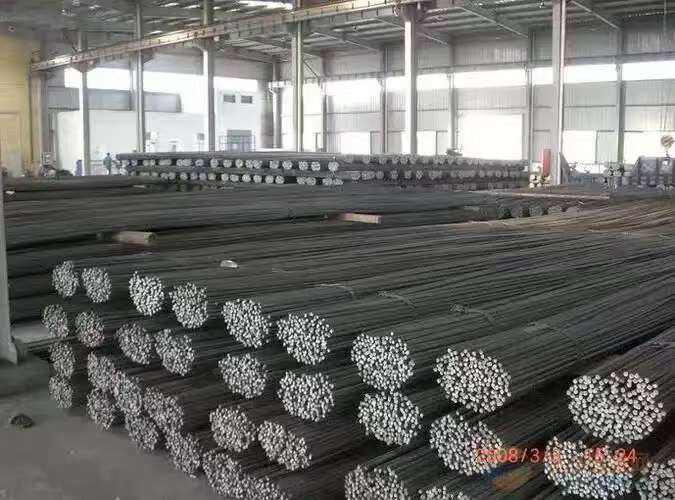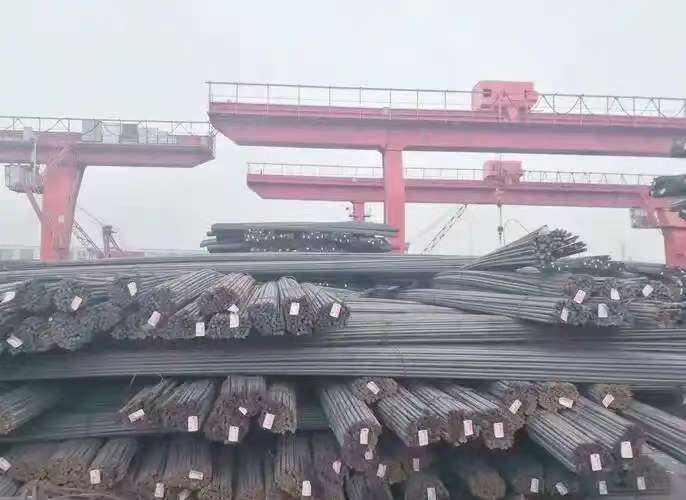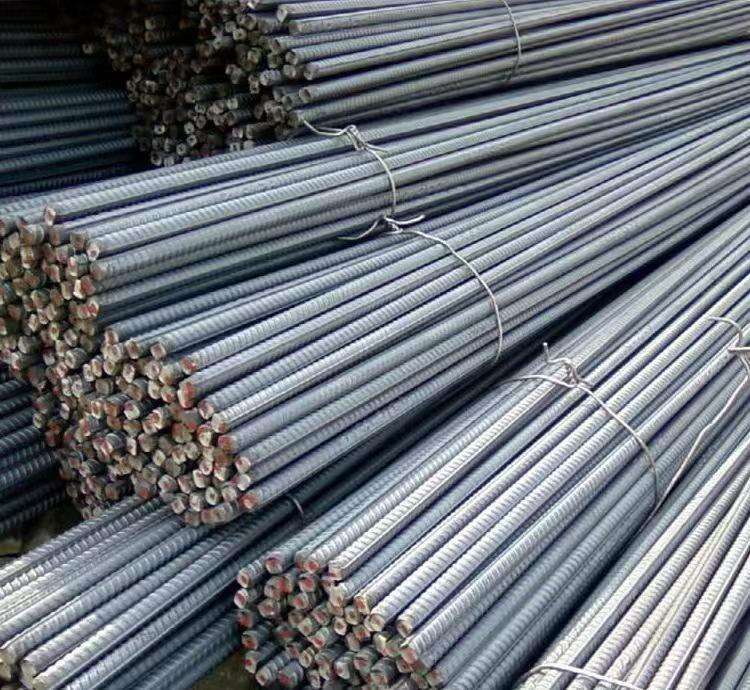rebar for stairs
Rebar for stairs plays a crucial role in modern construction, serving as the backbone of concrete staircase structures. This specialized reinforcement material consists of carefully engineered steel bars designed to provide optimal support and structural integrity to stairway construction. The primary function of stair rebar is to enhance the tensile strength of concrete stairs, preventing cracking and ensuring long-term durability. These reinforcement bars are strategically positioned within the concrete form to distribute weight loads evenly and resist both vertical and horizontal forces. The technology behind stair rebar includes precise spacing calculations, proper positioning of main and distribution bars, and specific bend requirements to accommodate stair geometry. Modern rebar for stairs features specialized coatings to prevent corrosion and extend service life, while various diameters and grades are available to meet different load-bearing requirements. The application process involves careful placement of both longitudinal and transverse reinforcement, with particular attention paid to proper concrete coverage and adherence to building codes. This essential component ensures that staircases can safely handle daily foot traffic, emergency situations, and varying weather conditions while maintaining structural integrity for decades.




